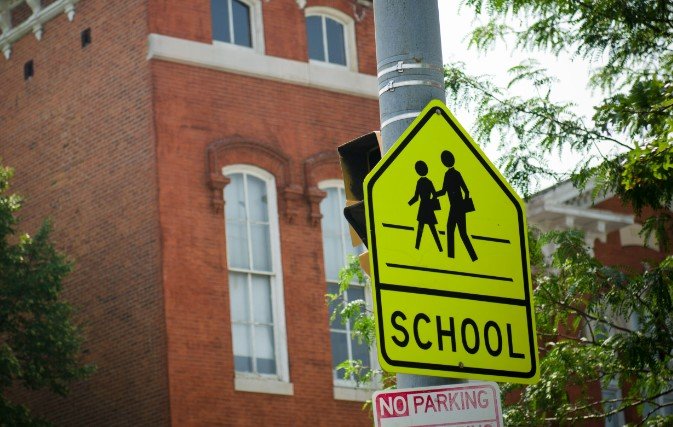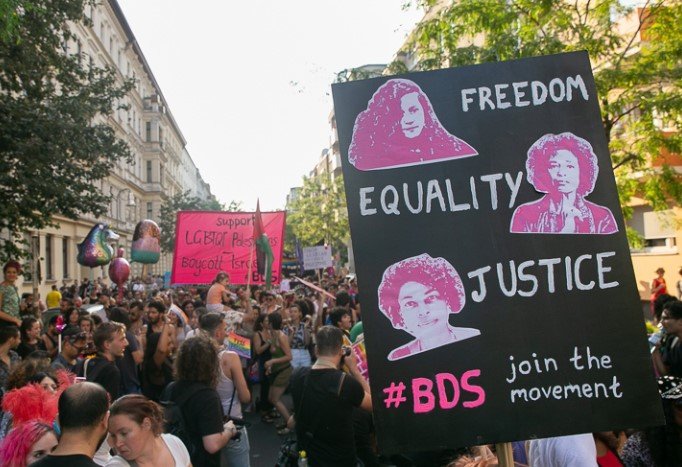Philadelphia has been leading the way in reducing school-based arrests and diverting youth from the legal system. The city’s innovative program, launched in 2014, has shown remarkable results in improving student outcomes and addressing racial disparities.

The Problem of School-Based Arrests
School-based arrests are one of the main contributors to the school-to-prison pipeline, a phenomenon that pushes students—especially black and Latina students and those with disabilities—out of their schools and into the legal system. According to the U.S. Department of Education, K–12 schools referred nearly 230,000 students to law enforcement during the school year that began in 2017. These referrals and the 54,321 reported school-based arrests that same year were mostly for minor misbehavior like marijuana possession, as opposed to more serious offenses like bringing a gun to school.
Getting caught up in the legal system has been linked to negative health, social, and academic outcomes, as well as increased risk for future arrest. Research has shown that students who are arrested in school are more likely to drop out, experience mental health problems, and engage in delinquent behavior. Moreover, school-based arrests disproportionately affect students of color and students with disabilities, who are more likely to be suspended, expelled, and arrested than their peers.
The Solution of School Diversion
To address this issue, Philadelphia police department leaders recognized that the city’s school district was its largest source of referrals for youth arrests. To address this issue, then-Deputy Police Commissioner Kevin Bethel developed and implemented a school-based, pre-arrest diversion initiative in partnership with the school district and the city’s Department of Human Services. The program is called the Philadelphia Police School Diversion Program, and it officially launched in May 2014. Mayor-elect Cherelle Parker named Bethel as her new police commissioner on November 22, 2023.
Since the diversion program began, when police are called to schools in the city for offenses like marijuana possession or disorderly conduct, they cannot arrest the student involved if that student has no pending court case or a history of adjudication. In juvenile court, an adjudication is similar to a conviction in criminal court. Instead of being arrested, the diverted student remains in school, and school personnel decide how to respond to their behavior. For example, they might speak with the student, schedule a meeting with a parent, or suspend the student. A social worker from the city also contacts the student’s family to arrange a home visit, where they assess the youth’s and family’s needs. Then, the social worker makes referrals to no-cost community-based services.
The Impact of School Diversion
The school diversion program has had a significant impact on reducing school-based arrests and improving student outcomes. In our evaluation of the diversion program’s first five years, we reported that the annual number of school-based arrests in Philadelphia decreased by 84%, from nearly 1,600 in the school year beginning in 2013 to just 251 arrests in the school year beginning in 2018. This means that over 7,000 students were diverted from arrest and kept in school during this period.
The program also reduced racial disparities in school-based arrests. Before the program, black students accounted for 76% of school-based arrests, while making up 51% of the student population. After the program, black students accounted for 64% of school-based arrests, while making up 49% of the student population. The program also reduced the gap between the arrest rates of black and white students by 16%.
Moreover, the program improved academic outcomes for diverted students. Compared to similar students who were arrested before the program, diverted students had higher attendance rates, higher grade point averages, and lower dropout rates. They also had lower rates of recidivism, meaning they were less likely to be arrested again in the future.
The Future of School Diversion
The Philadelphia Police School Diversion Program is a model for other cities and states that want to reduce school-based arrests and divert youth from the legal system. The program has received national recognition and funding from various sources, including the U.S. Department of Justice, the MacArthur Foundation, and the Annie E. Casey Foundation. The program has also been replicated in other jurisdictions, such as Camden, New Jersey, and New Castle County, Delaware.
The program shows that by working together, police, schools, and social services can create a more supportive and effective response to student misbehavior rather than relying on punitive and harmful measures. By diverting youth from arrest and connecting them to community-based resources, the program helps students stay in school, achieve their academic goals, and avoid the negative consequences of the legal system.





